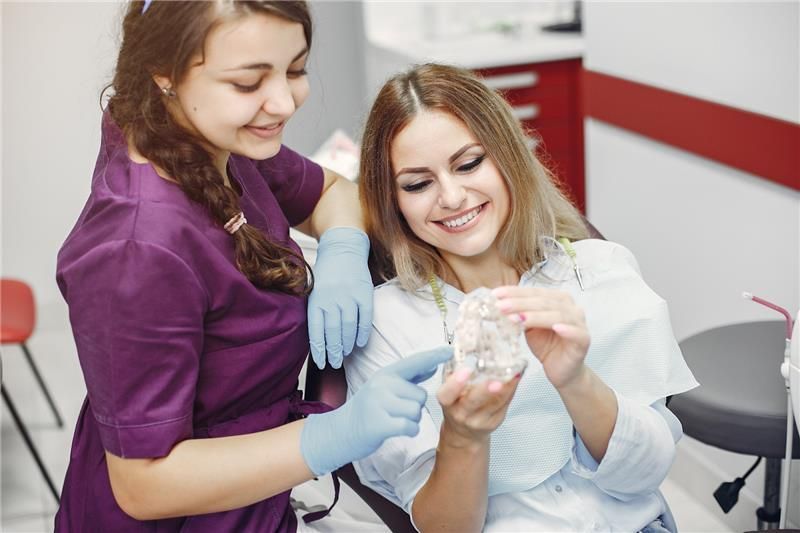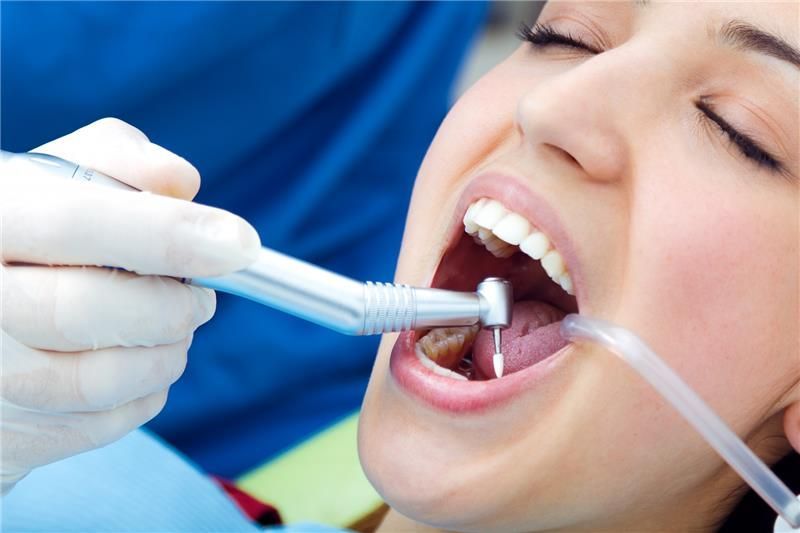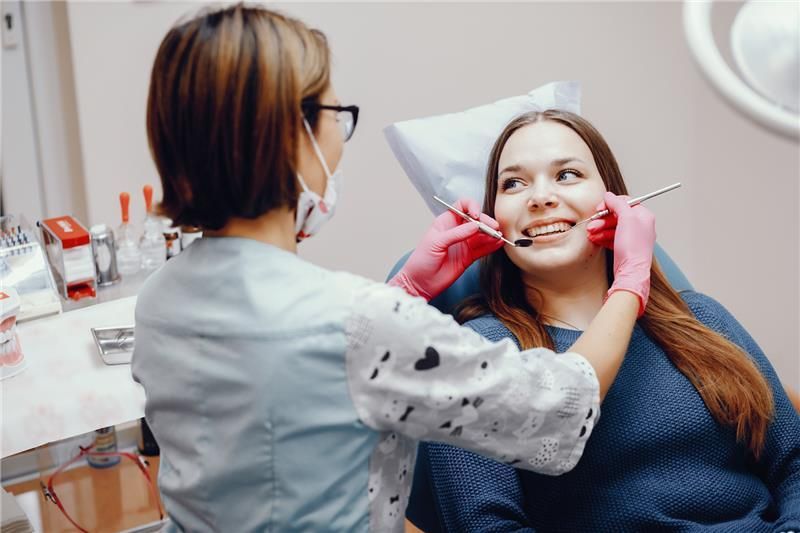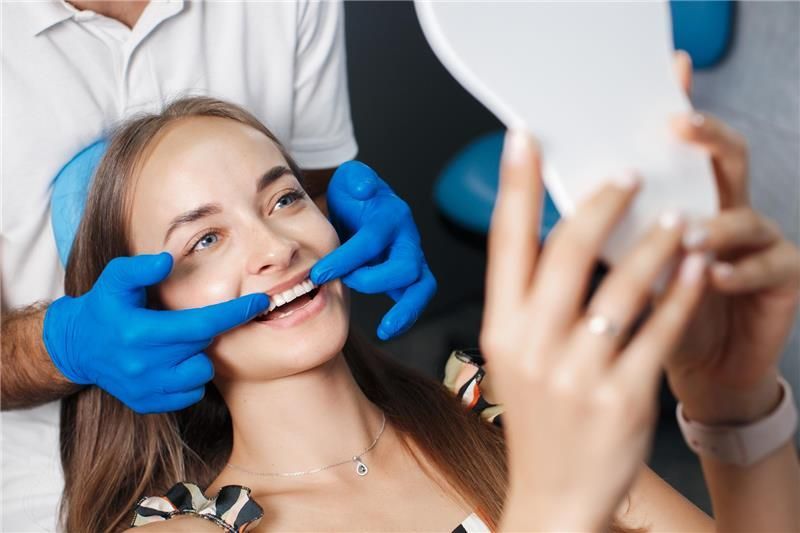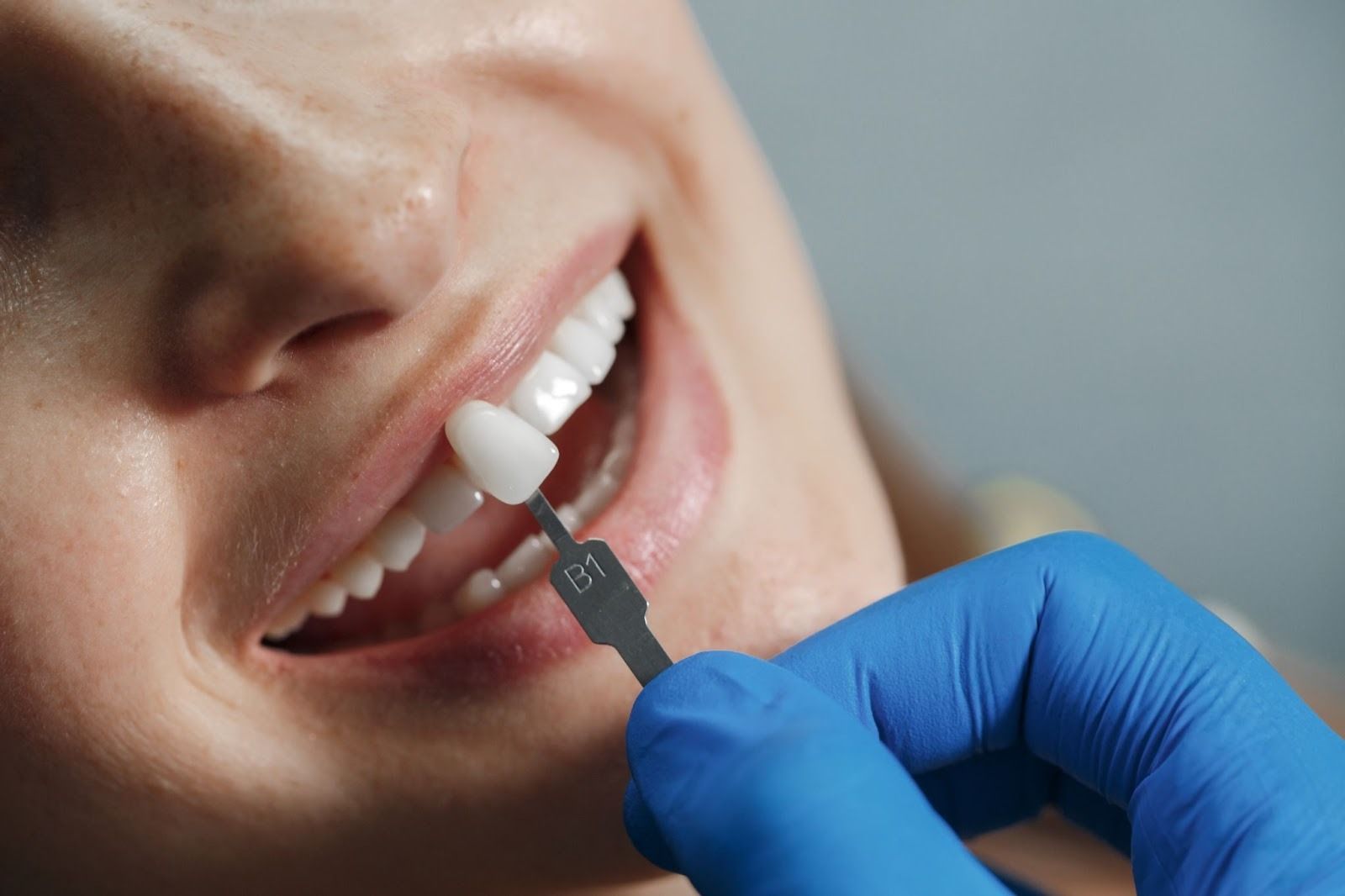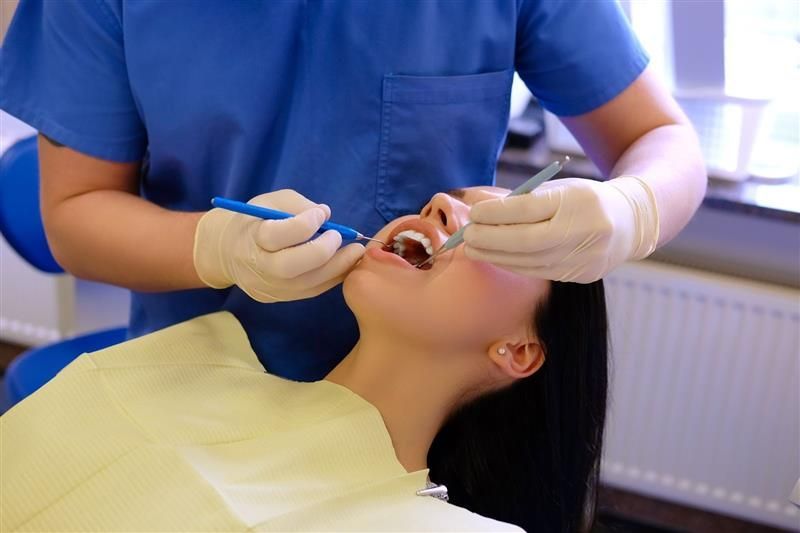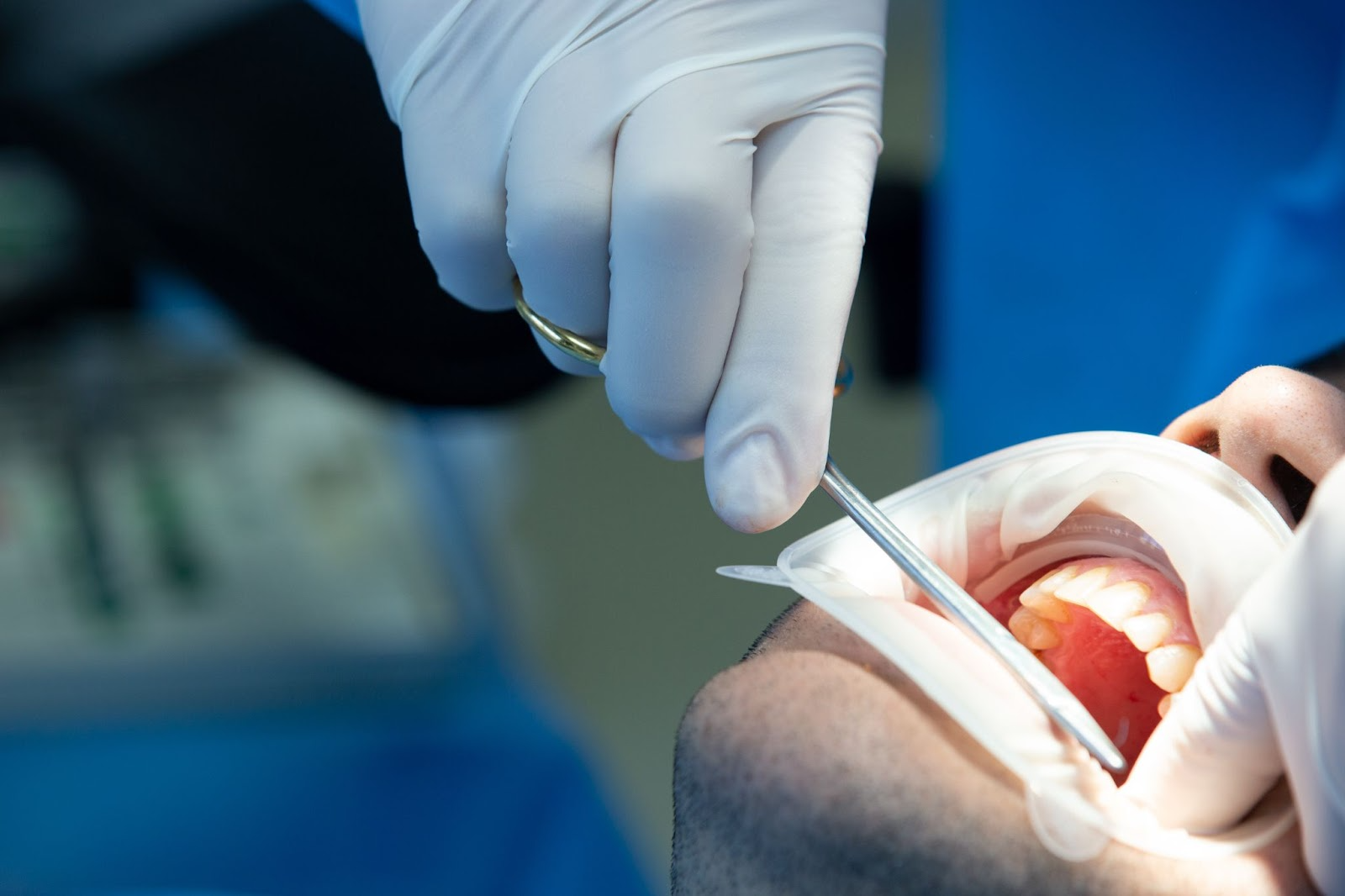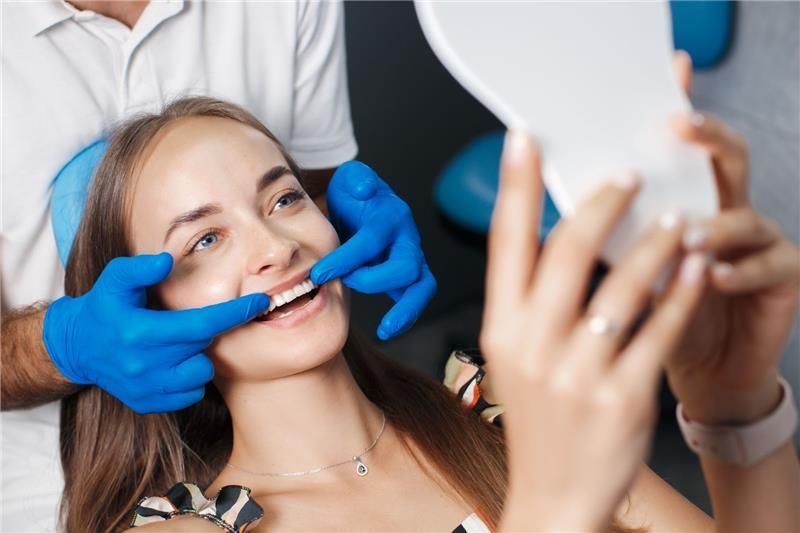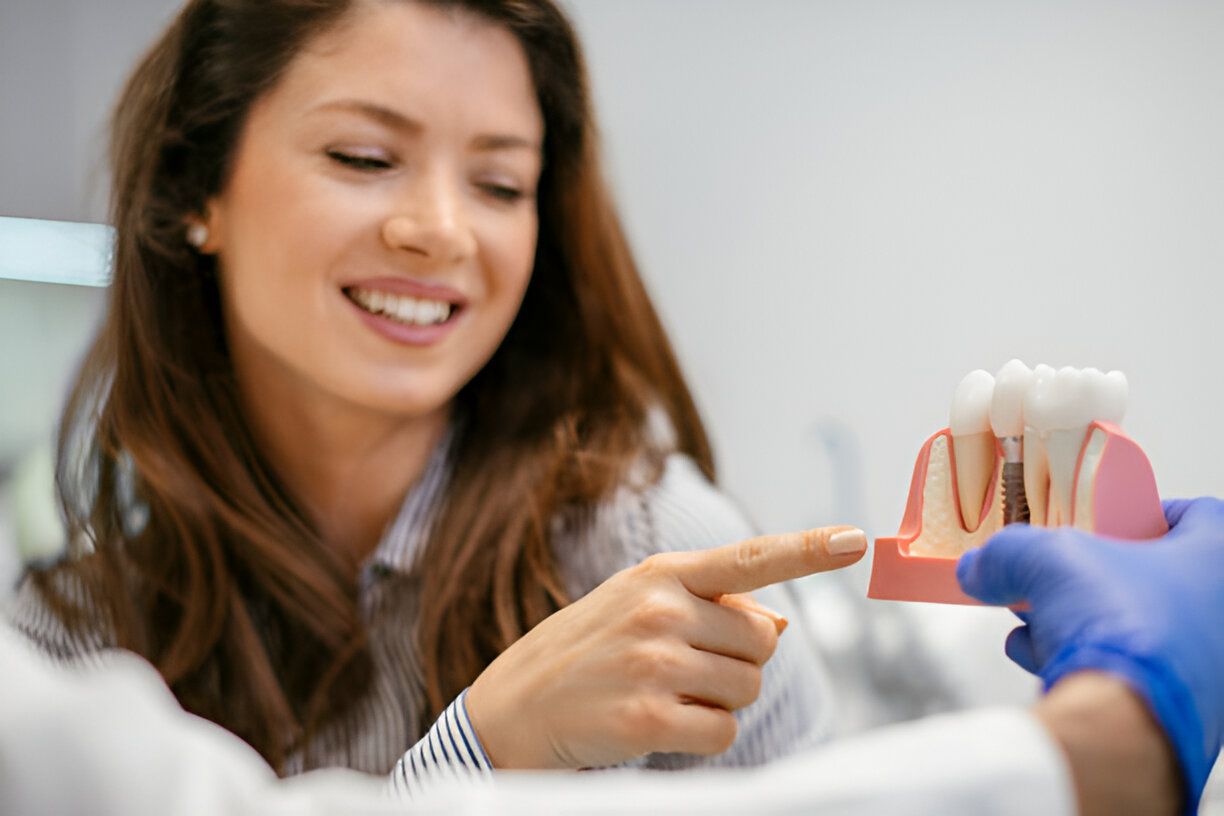Busting 7 Common Myths About Teeth Whitening
Yellow or stained teeth can ruin your smile and overall look.
Not anymore!
There are a variety of teeth whitening solutions that can help you get a whiter and brighter smile.
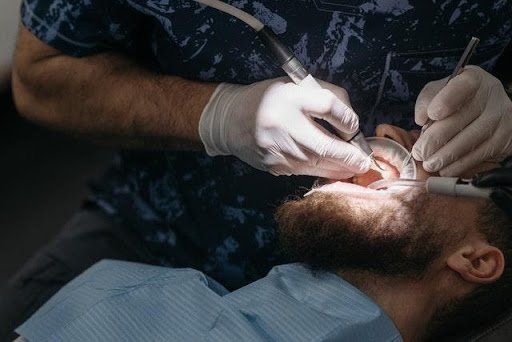
However, there are many misconceptions that can prevent people from undergoing teeth whitening treatment.
But not all the rumors are real.
Herein, we are busting some of the most popular myths about teeth whitening.
1. Professional & at-home whitening kits are the same
Though both professional and at-home whitening kits can result in white and shiny teeth, these are two different procedures.
Some differences are:
- Effective: In-office treatment involves the use of bleaching and whitening solutions that are stronger and effective than at-home kits.
- Results: Unlike at-home teeth whitening kits, professional treatment has long-lasting results, meaning teeth will stay whiter and brighter for a good period of time.
- Cost: People may find at-home whitening kits cost-effective but professional treatment is more economical in the long run.
2. Whitening treatment lasts forever
This is totally wrong.
Teeth whitening treatment can last anywhere between 6 months to 2 years. To make sure, it can last longer, follow a few tips:
- Avoid stain-causing food items like red wine or coffee
- Quit smoking
- Follow a healthy oral routine
- Consult your dentist regularly
- Avoid extremely hot or cold food products
3. Avoid dental treatment if you have sensitive teeth
Not exactly true.
You can safely get rid of discoloration and have a white smile, even if you have sensitive teeth.
There are many options to help you reduce sensitivity and make the teeth whitening process painless.
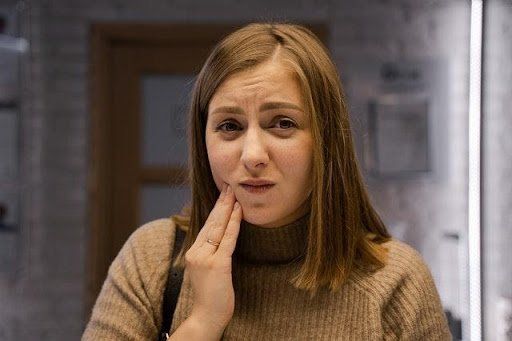
If you have sensitive teeth, follow a few tips before undergoing the treatment.
- Brush your teeth
- Use desensitizing gel and toothpaste
- Avoid hot or cold drinks
- Use soft toothbrush
- Make a saltwater mouthwash
4. Painful procedure
Many people dread teeth whitening treatment just because they assume it to be painful. But this is not exactly true.
People having gum problems or sensitive teeth may experience slight discomfort or pain during the procedure. But this lasts only for a few hours and can be treated with over-the-counter medications prescribed by your dentists.
5. Suitable for everyone
No, this is not true. Teeth whitening is not suitable for people having
- Brown or gray-toned teeth
- Discolored teeth caused by medications or an accident
- Veneers or crowns
It is not even recommended for kids under 16 and for pregnant & lactating ladies.
It’s advisable to talk to your dentist to know whether or not you are an ideal candidate for teeth whitening.
6. Whitening toothpaste is effective
Many people find whitening toothpaste useful. Though it is affordable, it has little to no impact on the color of your teeth.

Also, it contains a less quantity of whitening chemicals, so it can only remove surface stains but not deep stains.
So, these products don’t show notable results.
7. You can never drink coffee or wine after the treatment
It’s recommended to avoid stain-causing foods and beverages like coffee or wine post teeth whitening treatment. But it is temporary and you need to avoid such foods only for 48 hours after treatment.
Good news for coffee lovers, you can maintain brighter and whiter teeth by following a few tips:
- Use a straw
- Brush your teeth else rinse the mouth with water after having tea or coffee
- Maintain good oral hygiene like dental checkups
In the end….
Hopefully, most of your myths are debunked. Still, have doubts? Dial 718-573-3333and book a consultation at the general dentist office in Brooklyn, NY to clear your confusion.
